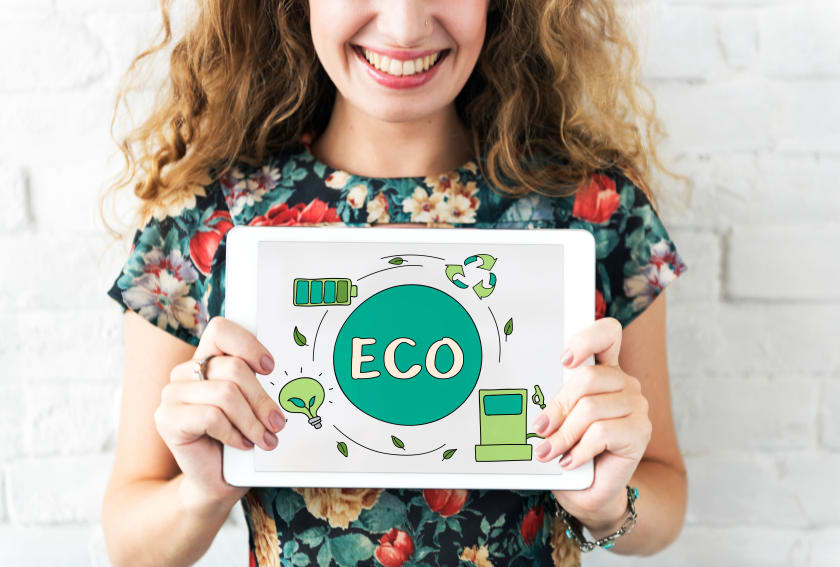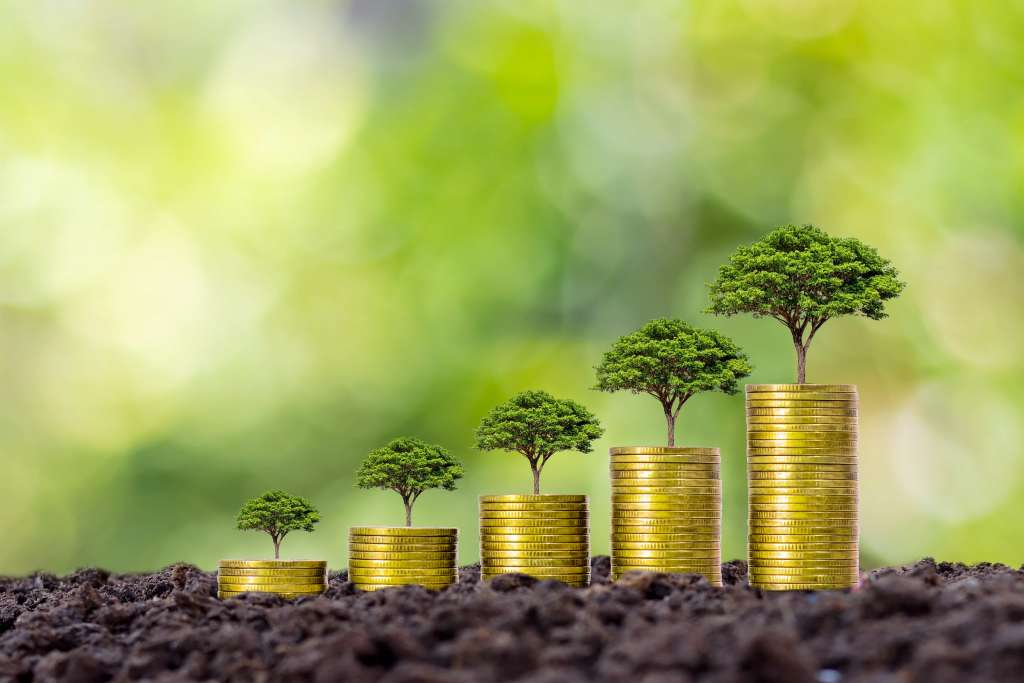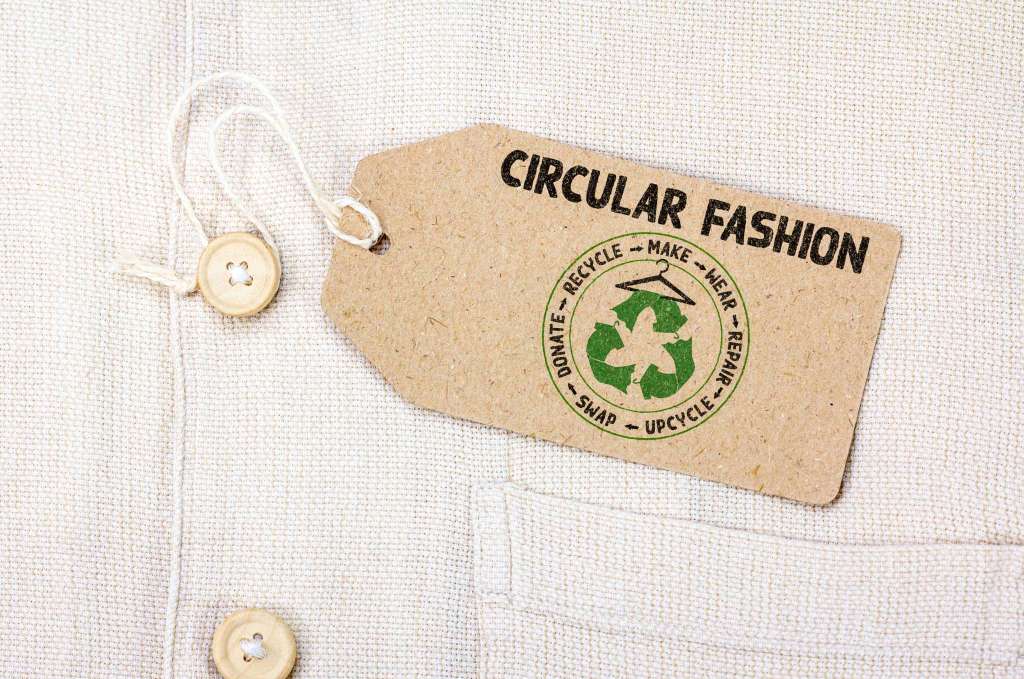How the Fashion Industry Is Improving the Economic Sustainability?



Summary: Fashion has had a lot to offer the world over the years. It has helped define cultures and sustain economic sustainability through innovation. The industry continues to grow thanks to the way many people enjoy wearing fashionable clothes. The fashion industry generates billions of dollars every year, employing millions. But it is also responsible for significant environmental impacts.
The fashion industry is a big business. Statista states it will be worth over $1.2 trillion by 2025. The sector has been growing for many years now, and there seems to be no end in sight.
Why it is so important to improve economic sustainability in the fashion industry?
In the past few years, there has been a lot of talk about sustainability in the fashion industry. This is largely because of the growing awareness of the negative impact that fast fashion has on society and the environment. The fashion industry still has many challenges to overcome before it can be considered fully sustainable.
According to McKinsey & Company, improving economic sustainability in the fashion industry would significantly reduce greenhouse gas emissions by 10% by 2030. The shift toward more sustainable practices will reduce energy and waste generation.
The fashion industry produces enormous waste – from packaging materials to garments. Many materials are non-biodegradable and pollute our waters and soil. The production process also uses a lot of energy and water resources, which can harm the environment if not properly managed.
The economic sustainability of this industry depends on how much waste it produces, how much pollution it causes, and how much energy it consumes. If we want to improve these issues, we need to identify ways to reduce the amount of waste and pollution produced by the industry and its environmental impact.
The fashion industry is a complex, global business involving many different factors and stakeholders. From producers to consumers, retailers to clothing manufacturers, and factories to logistic companies, each has its own role and influence on the whole system. However, only some factors can take all the responsibility for improving sustainability in this sector alone. As a result, many brands have begun to take action to support their supply chains and reduce their environmental impact.

Economic sustainability is, therefore, a prerequisite for industrial development in all other sectors within the fashion industry. Given current trends, it will rapidly become an essential topic for discussion in the years to come.
Big brands are stepping up
Big brands are stepping up to improve the fashion industry's economic sustainability by ensuring they produce garments with high environmental and social standards.
Big brands like H&M, Puma, and Adidas have all committed to improving their environmental impact, partly in response to increasing pressure from consumers who want lower carbon footprints. This means that more brands are focusing on reducing waste and greenhouse gas emissions and working with suppliers on better labor practices.
As part of its efforts to promote sustainable consumption, Unilever's sustainable living plan emphasizes how they source raw materials and how consumers use their apparel brands. They aim to improve customers' health and wellness, reduce their products' environmental impact (throughout the entire life cycle) and enhance livelihoods.
LVMH has also changed its business to become more economically sustainable. In recent years, the company has implemented a number of measures to improve its sustainability.
Sustainable development is the process of improving the quality of life for people and communities, so that future generations can enjoy similar prosperity. The LVMH Group has made significant efforts over the past decade to improve its economic sustainability by adopting new technologies and methods in production, distribution, and marketing.
LVMH has been working on improving its economic sustainability since it launched a program to reduce energy consumption. As part of its long-term strategy aimed at reducing carbon emissions by 50% by 2030.
Patagonia is another company helping to make the fashion industry more environmentally and economically sustainable. It is using new technologies and innovations to reduce its environmental footprint. It's working with some of the world's leading designers to produce stylish and socially responsible clothing. It recently introduced organic cotton t-shirts for men, women, and children that are grown in Patagonia's own organic fields in Peru.
The Patagonia brand is known for its commitment to environmental and social responsibility. The company has been one of the most outspoken voices against the harmful impacts of fracking and renewable energy solutions.
The future of the fashion industry is circular

The fashion industry is a booming business. Research shows that the global market for fashion and textiles is growing by 3% each year, which amounts to almost $500 billion annually. But as with any fast-paced industry, challenges need to be addressed if it's going to sustain itself into the future.
One such challenge is sustainability. With an increasing demand for sustainable goods and services, fashion industry companies need to adopt new production and distribution methods to remain competitive and sustainably profitable.
To keep up, we must focus on improving the industry's economic sustainability and working toward circularity. We must ensure that our production systems are sustainable and efficient to meet customers' demands without compromising quality or environmental impact.
You can change the world
Sustainability is not just about protecting the environment but also about creating value from waste streams by using by-products from manufacturing processes such as textiles or leather for other purposes.
In dire need of change and reform, the fashion industry is looking to take the reins in improving some very negative trends and effects.
Fashinza connects clothing brands with hundreds of verified eco-friendly manufacturers We promote sustainable fashion by ensuring that the raw materials are produced using the latest technology to reduce harmful impacts on the environment.
To know how we can help you, get in touch with us.
Key Takeaways
- There is an opportunity for retailers and manufacturers to improve their economic sustainability and support a more profitable way forward for the fashion industry.
- The most important element of any plan to improve the economic sustainability of the fashion industry is a complete and holistic understanding of the entire supply chain so that all parties can contribute meaningfully.
- It has never been more important for the fashion industry to develop a plan to combat its economic and ecological sustainability problems.



















